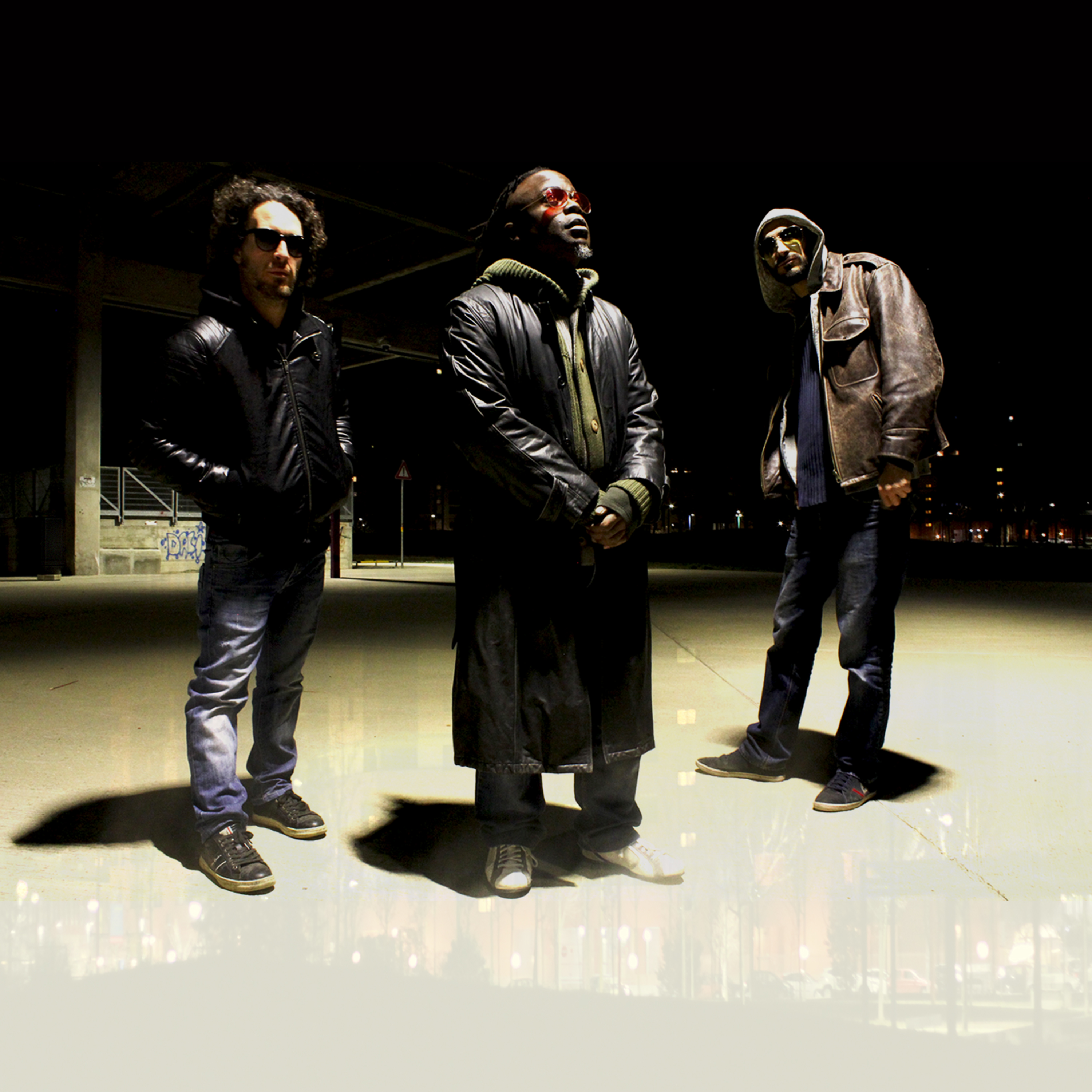Rest in Power: Scott Walker (1943-1976)
Scott Walker passed away this week at the age of 76. Artists, including Thom Yorke and Damon Albarn, reacted with great sadness to his death.
The question you might be asking is “who was Scott Walker?”

He may not be a household name with current music fans, and some may have even confused him with the politician by the same name. The American-born singer, known for his deep baritone, first rose to fame in the 1960s as a teen pop star with the trio, The Walker Brothers. Later in the decade, he embarked on a solo career that included the albums Scott, Scott 3, and Scott 4. These albums all landed in the top ten in the UK.
The records Walker released in the early 1970s did not sell as well, which he talked about in an interview with the Guardian. “The record company called me in [following the commercial failure of Scott 4] and carpeted me and said you’ve got to make a commercial record for us… I was acting in bad faith for many years during that time… I was trying to hang on. I should have stopped. I should have said, ‘OK, forget it’ and walked away. But I thought if I keep hanging on and making these bloody awful records… “
In 1975, he reunited with the Walker Brothers for three albums, but by 1978 he became disillusioned by the fact that they were now essentially a “revivalist” band. This eventually led to Walker showing absolutely zero interest in performing live. By late 1978, the Walker Brothers called it quits for good.
The singer stepped away and did not release any new material for three years. In 1981, he released a solo album after interest in his work increased due to Julian Cope’s compilation of his work, Fire Escape in the Sky: The Godlike Genius of Scott Walker.
His next album, 1984’s Climate of Hunter, can be best described as experimental and avant-garde. The music did not follow any sort of traditional structure in pop or rock. The album met with great critical reception, but did not have much commercial success, which led to his record label, Virgin, dropping him.

In 1992, Walker’s 60s and 70s material appeared on CD for the first time on No Regrets – The Best of Scott Walker and The Walker Brothers 1965–1976. The album rose to number 4 on the UK album chart. David Bowie would release a cover of the song “Nite Flights” on his album, Black Tie White Noise that same year.
As a result, Walker eventually released an album of new material, Tilt, in 1995. 11 years later, he released another album, The Drift, that received high praise as Walker continued to create music in same non-traditional style that he used beginning in the early 1980s. The album received a score of 85 on Metacritic, and he was presented with the Mojo Icon Award that year as well.
Walker also worked as a record producer for such artists as Pulp and Bat For Lashes later in his career. His impact on other artists was significant. His music was the inspiration for Alex Turner’s side project, The Last Shadow Puppets. Other artists who were influenced by him include Jarvis Cocker, Miles Kane, Damon Albarn, Thom Yorke, and Brian Eno.

Walker’s indie legacy could be thought of as someone who was not afraid to turn his back on commercial pop and reinvent himself, no matter the cost. Later in his career, he pushed boundaries artistically, never worrying about what was popular, but instead remaining true to his art.
Perhaps future editions of the Oxford Dictionary should include a picture of Scott Walker should be included.




